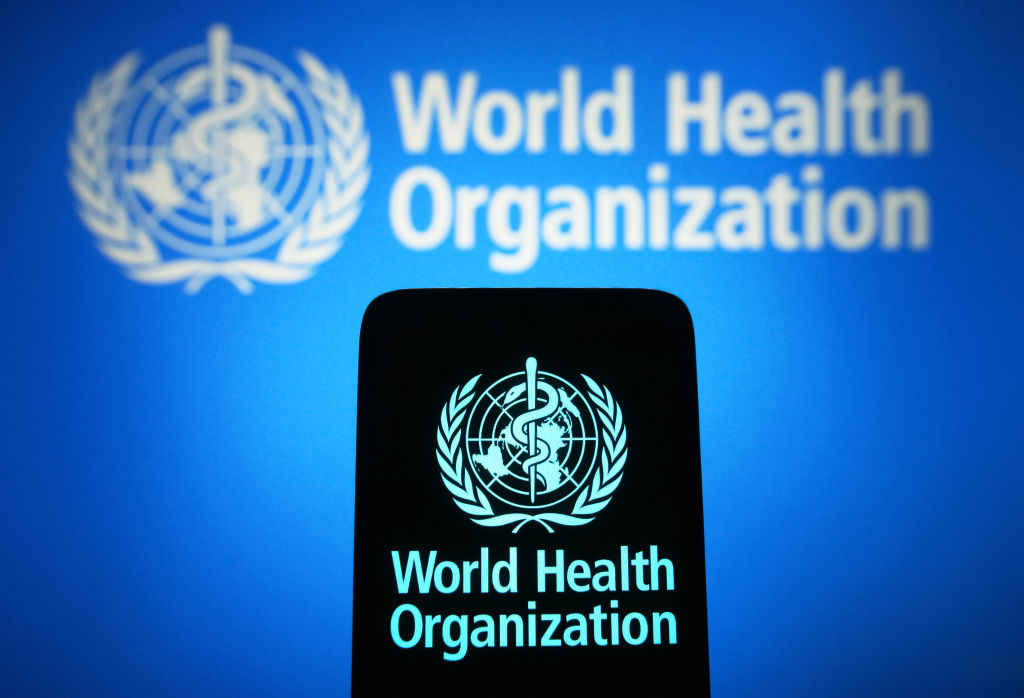The World Health Organization (WHO) has recognized India’s pioneering efforts in integrating Artificial Intelligence (AI) with traditional medicine, particularly Ayush systems, in its first-ever technical brief titled “Mapping the Application of Artificial Intelligence in Traditional Medicine.” The brief, prompted by India’s proposal, outlines a global roadmap for applying AI in traditional medicine, positioning India as a leader in digital health innovation.
Prime Minister Narendra Modi’s vision to leverage AI for social development and inclusive growth has driven India’s advancements in this field. Speaking at the 2023 Global Partnership on Artificial Intelligence (GPAI) Summit, Modi emphasized the government’s commitment to harnessing AI’s capabilities for societal progress, a vision reflected in India’s AI-driven Ayush initiatives.
Prataprao Jadhav, Union Minister of State (Independent Charge) for Ayush and Minister of State for Health & Family Welfare, hailed the WHO recognition as a testament to India’s dedication to advancing traditional medicine through technology. “This acknowledgment aligns with Prime Minister Narendra Modi’s call to use emerging technologies like AI to enhance the global relevance of traditional medicine. Through platforms like the SAHI portal, NAMASTE portal, and Ayush Research Portal, India is preserving its ancient medical wisdom while shaping a future of personalized, evidence-based healthcare,” he said.
Vaidya Rajesh Kotecha, Secretary of the Ministry of Ayush, highlighted the significance of the Ayush Grid, a digital health platform launched in 2018, which underpins citizen-centric initiatives like the SAHI, NAMASTE, and Ayush Research portals. “The WHO brief showcases India’s AI-driven innovations, from predictive diagnostics using Prakriti-based machine learning to the groundbreaking Ayurgenomics project, which integrates Ayurveda with modern genomics. These efforts are preserving and validating our traditional knowledge while advancing its global integration,” Kotecha noted.
The WHO document highlights India’s advancements in applying AI to Ayurveda, Siddha, Unani, Sowa Rigpa, and Homoeopathy. AI-driven diagnostic systems, combining traditional methods like pulse reading and Prakriti assessment with machine learning and deep neural networks, are improving accuracy and enabling personalized preventive care. The Ayurgenomics initiative, a fusion of Ayurvedic principles and genomics, uses AI to identify disease markers and tailor health recommendations. Additionally, AI is aiding in decoding the genomic and molecular basis of herbal formulations, bridging traditional wisdom with modern science.
India’s Traditional Knowledge Digital Library (TKDL) was praised as a global model for preserving indigenous medical heritage. AI-powered tools are facilitating the cataloguing and semantic analysis of ancient texts, making therapeutic knowledge more accessible. The brief also recognizes India’s use of AI in drug action pathway identification, comparative studies across traditional systems, and the development of artificial chemical sensors to evaluate traditional parameters like Rasa, Guna, and Virya, modernizing traditional formulations.
The WHO commended India’s broader efforts, including digital platforms for online consultations, promoting digital literacy among Ayush practitioners, and creating interoperable systems to integrate traditional medicine with mainstream healthcare. The brief also noted the Ayush sector’s contribution to India’s economy, with a market size of US$43.4 billion, underscoring its role in driving economic growth.










